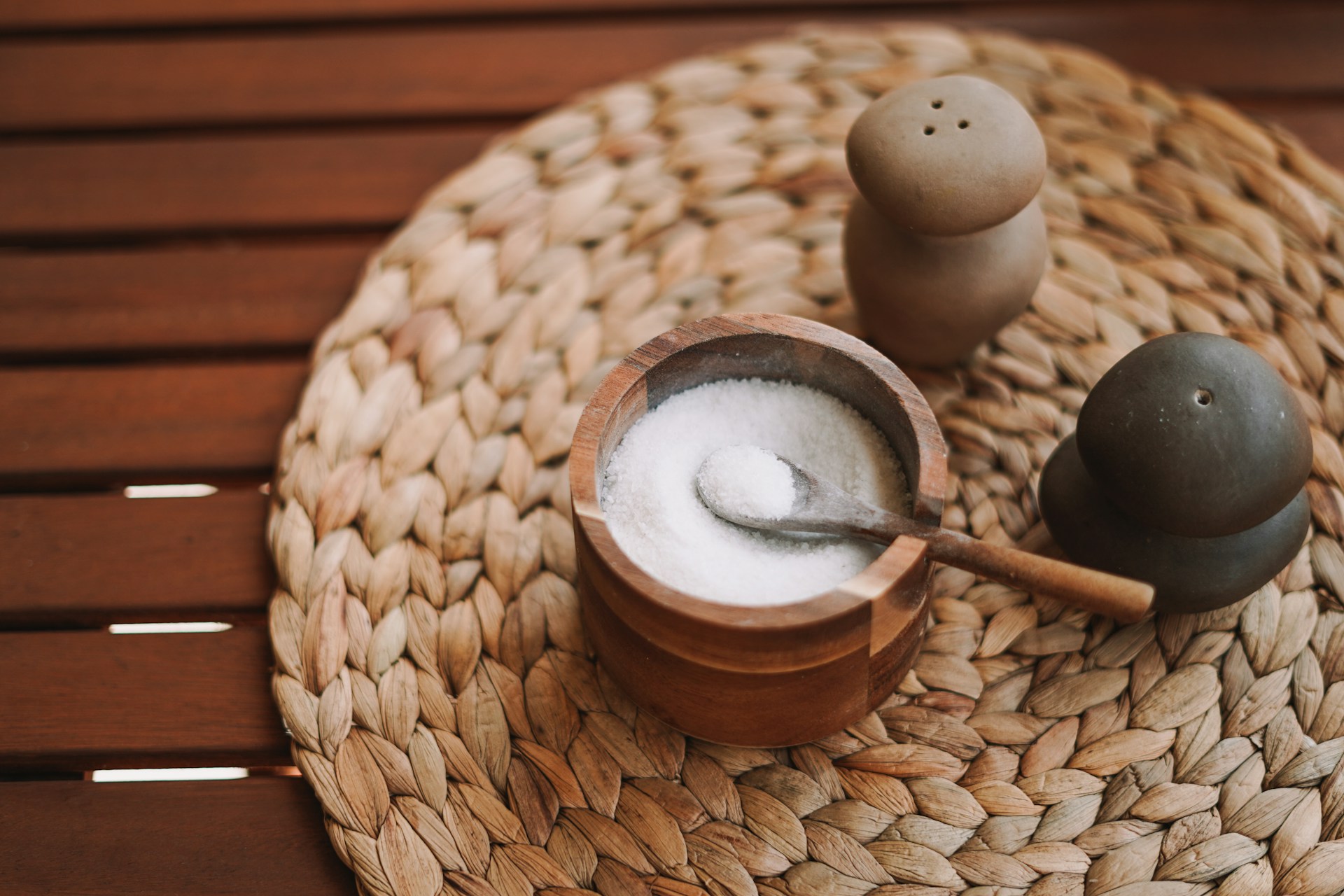Nutrition
Doctors Reveal 7 Sneaky Signs You Might Be Overdoing Salt

Monitoring your sodium intake is crucial for maintaining optimal health, especially as we age. The American Heart Association (AHA) suggests limiting sodium intake to no more than 2,300 mg per day, with an ideal target of 1,500 mg. Yet, many Americans consume about 3,500 mg daily. Excessive sodium can lead to various health complications, but recognizing the signs can help you take action. Here are seven subtle signs that you might be consuming too much sodium, according to medical experts.
Frequent Urination
One of the most common signs of high sodium intake is frequent urination. Dr. Raj Dasgupta explains that your kidneys work overtime to eliminate the excess salt, resulting in more regular trips to the bathroom.
Excessive Thirst
Another indicator of high sodium consumption is constant thirst. This is your body’s way of signaling the need to balance out the elevated sodium levels.
“Excess sodium causes the body to crave more water to balance the sodium levels,” says Meaghan Greenwood, RD, MS.
Swelling and Bloating
Swelling or bloating can occur as your body tries to manage the sodium and fluid balance. Dr. Dasgupta notes that these symptoms can be direct results of eating too much salt.
Headaches
High sodium intake has been linked to more frequent and intense headaches. Dr. Dasgupta suggests that reducing sodium in your diet could help alleviate these symptoms.
Raised Blood Pressure
An increase in blood pressure is a significant sign of consuming too much sodium. Dr. Jennie Stanford explains that sodium regulates fluid balance, leading to water retention.
“As more water is retained, this can lead to increased blood volume and arterial stress, which can increase blood pressure,” she says.
Prolonged hypertension can harm your cardiovascular system, elevating risks for heart disease, heart attack, stroke, and kidney disease.
Disturbed Sleep Patterns
Changes in sleep habits could be another subtle sign. Dr. Dasgupta points out that high sodium intake can disturb your sleep, reducing REM sleep and increasing wakefulness.
“Salt intake and its effects on sleep have been studied since the 1980s,” notes Jaclyn Leong, DO. She suggests that difficulty sleeping might indicate high sodium levels.
Shortness of Breath
In extreme cases, consuming too much sodium can lead to shortness of breath. According to Greenwood, excessive fluid retention forces the heart to work harder to pump the increased fluid through the body. This serious symptom necessitates immediate medical attention.
Recognizing these signs can help you manage your sodium intake effectively. By making dietary adjustments like reducing processed foods and opting for fresh or frozen produce, you can maintain better health and avoid the pitfalls of excessive sodium. Stay mindful of these subtle cues to keep your wellness in check.
Let us know what you think, please share your thoughts in the comments below.
